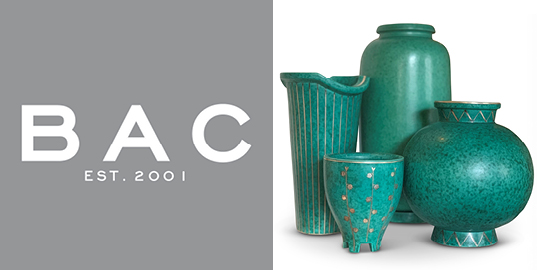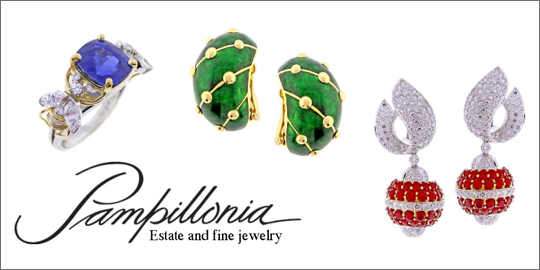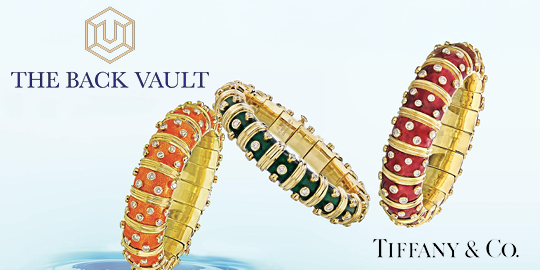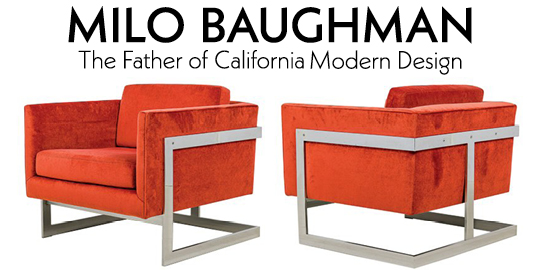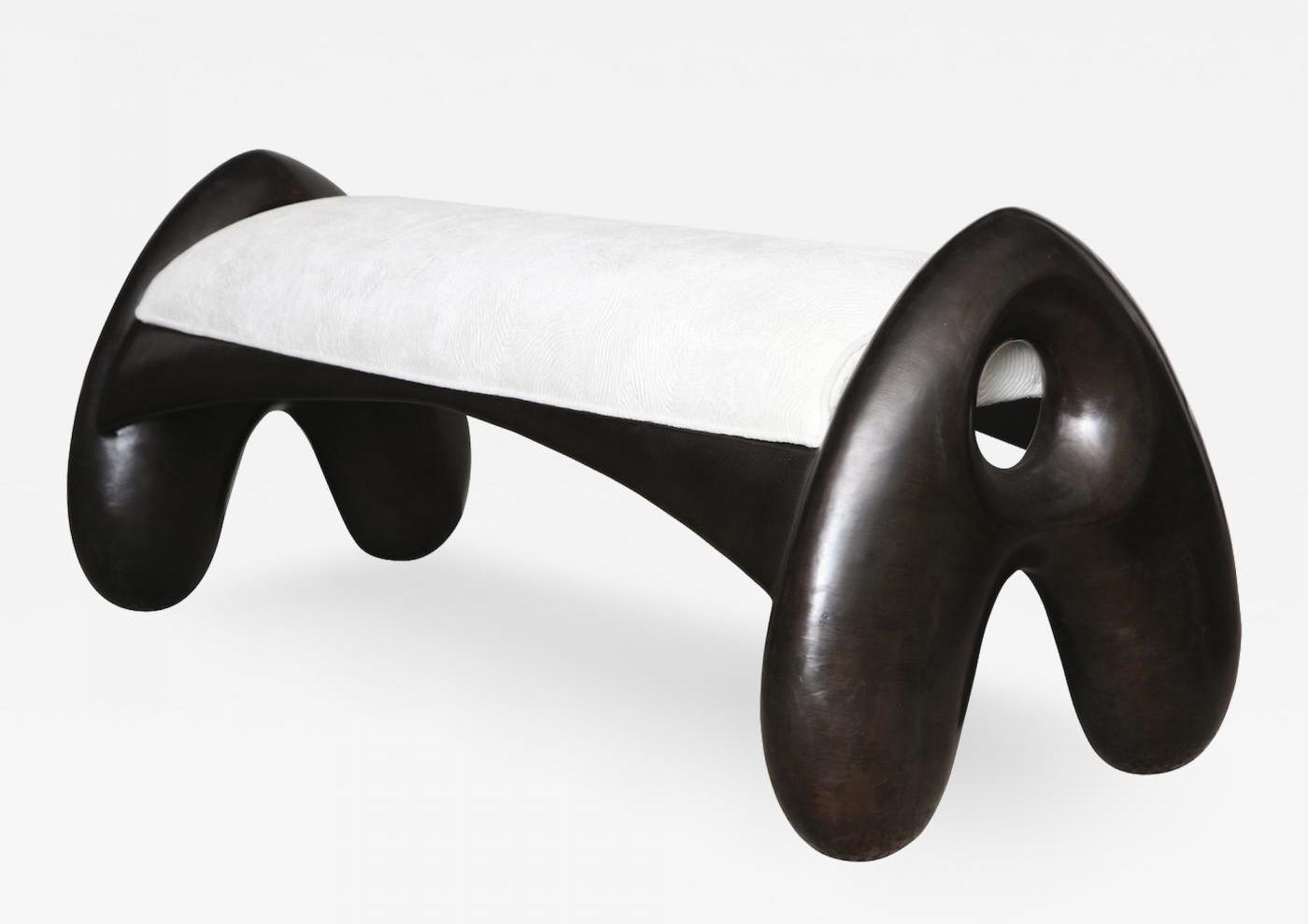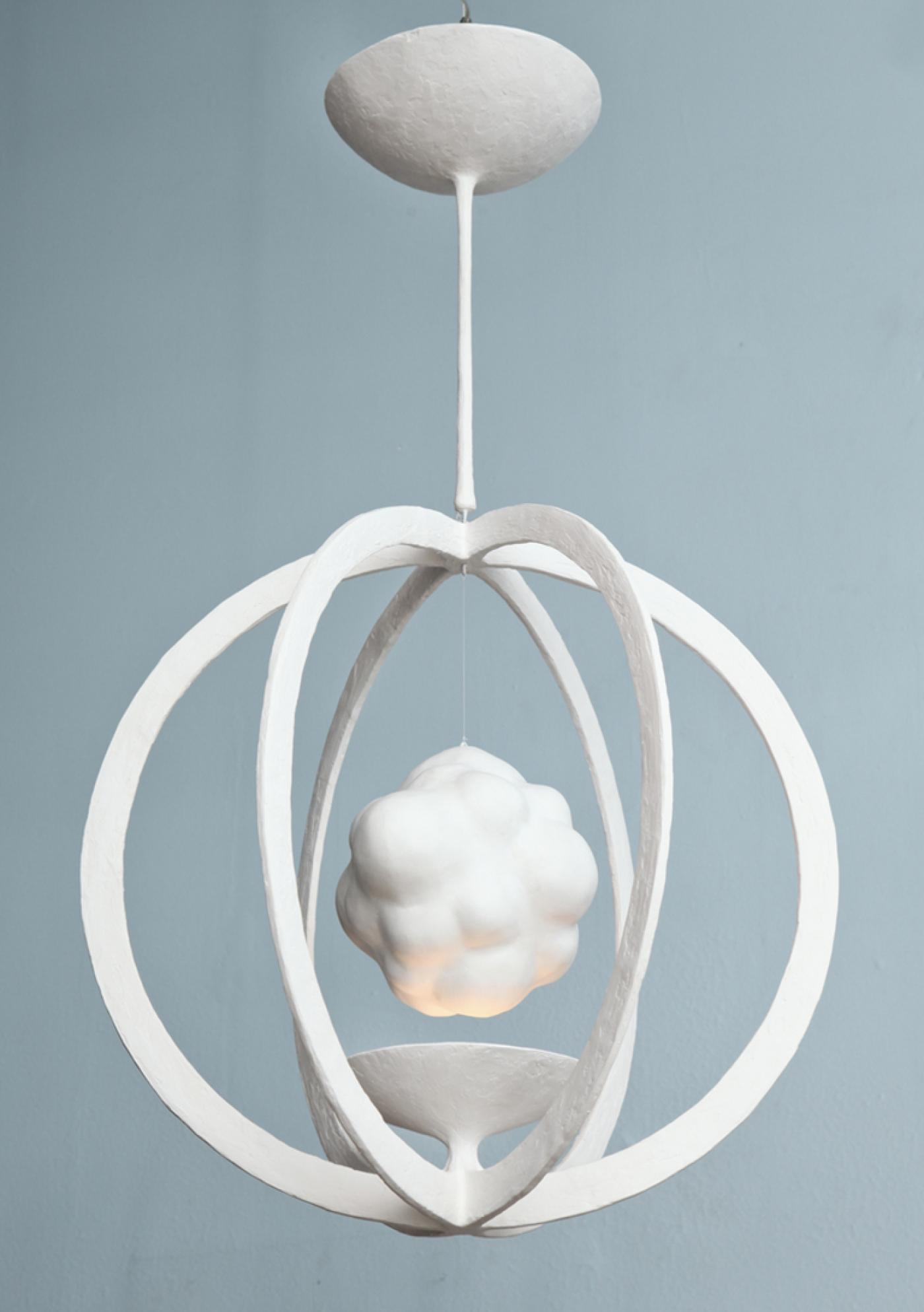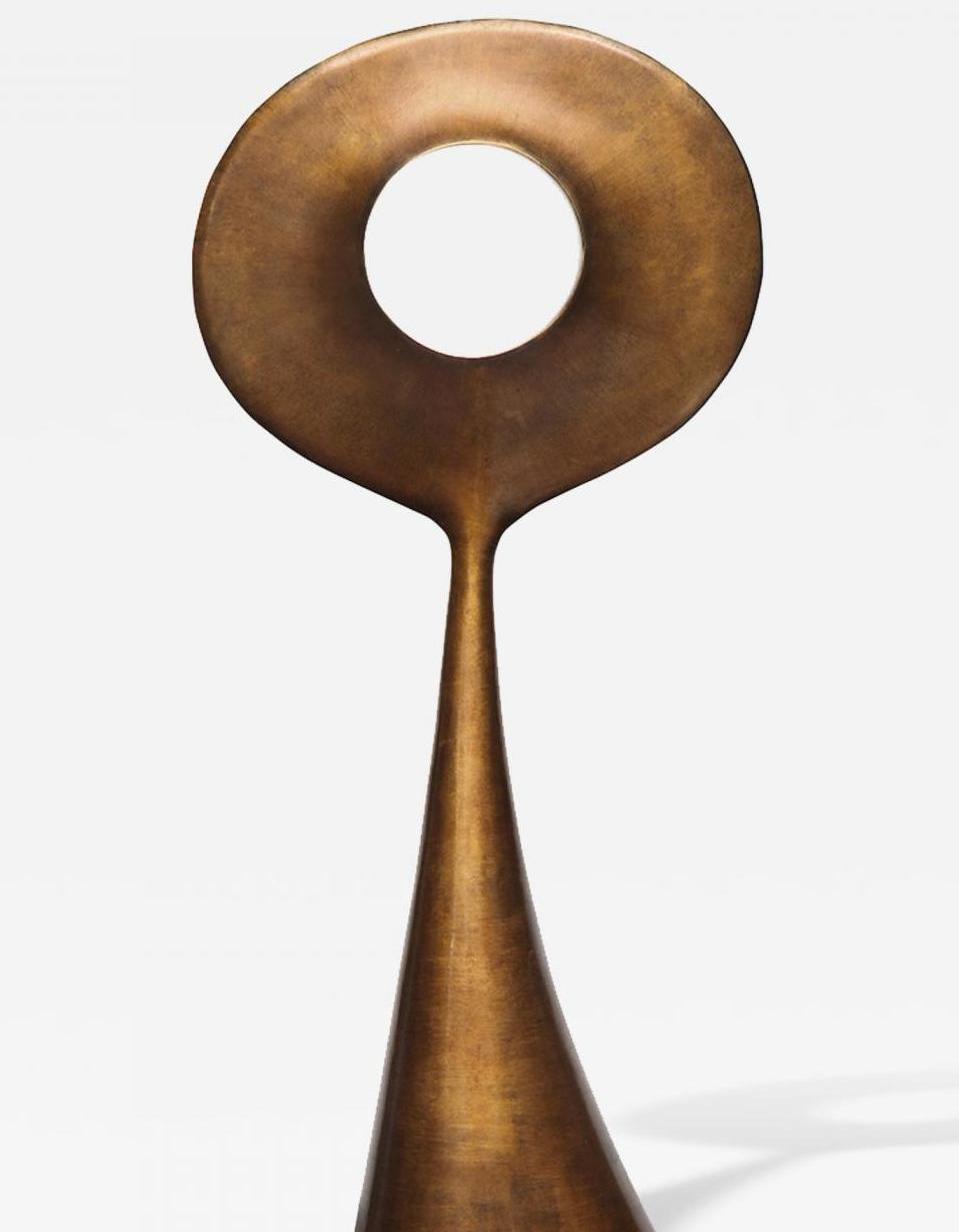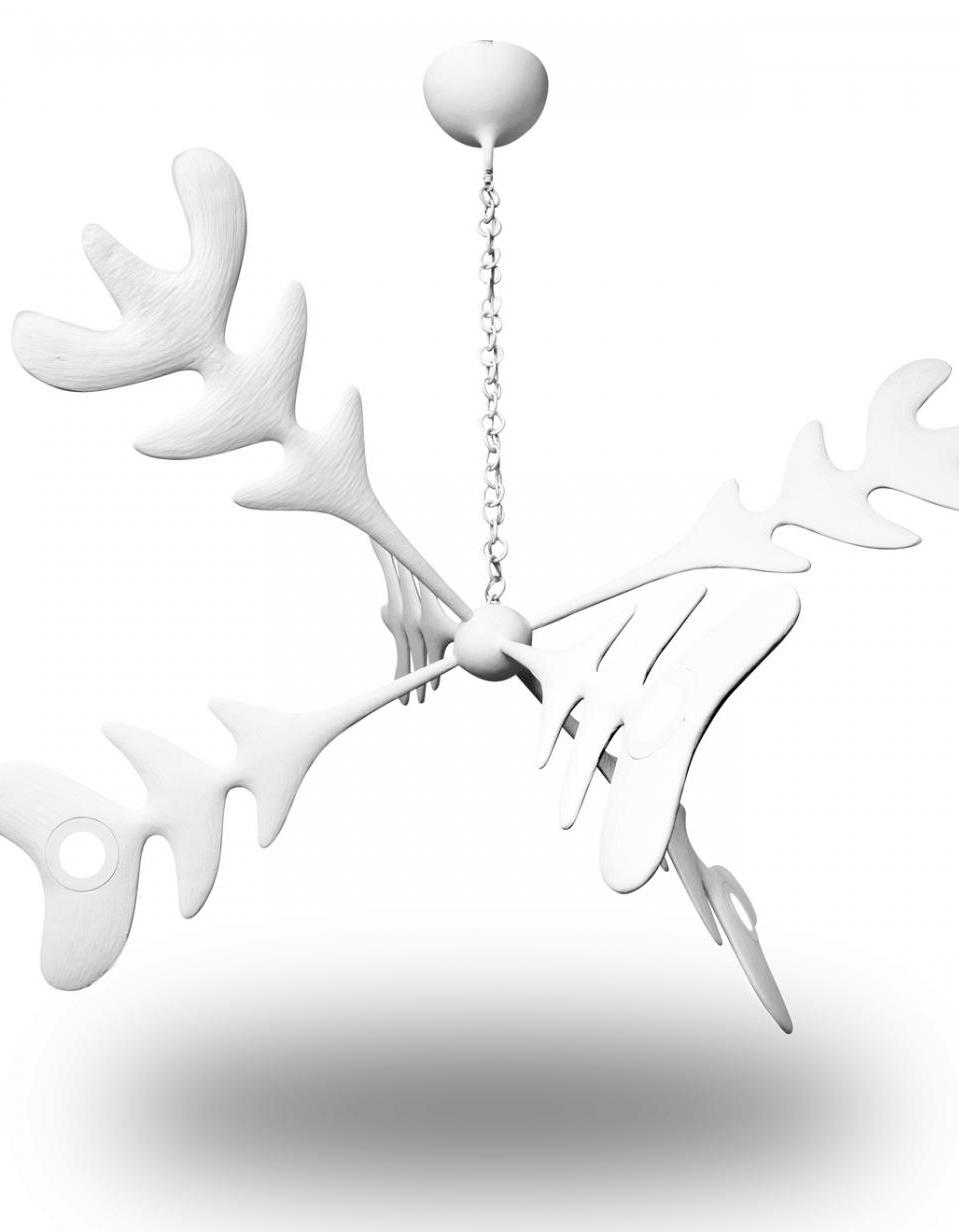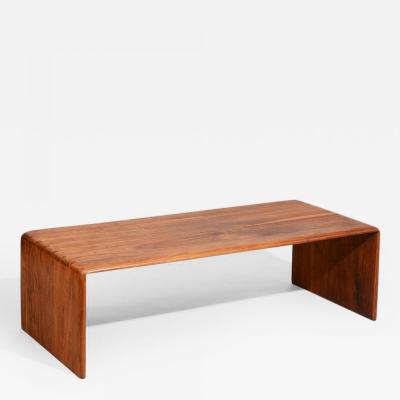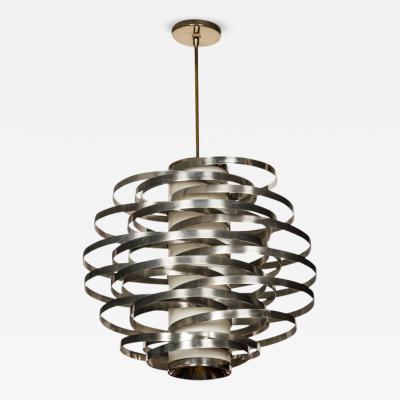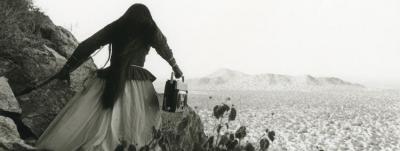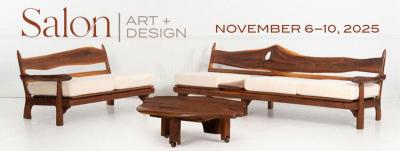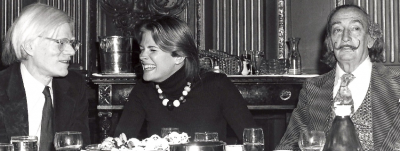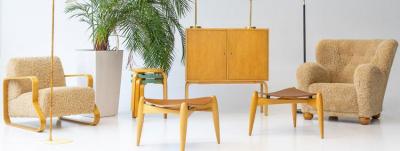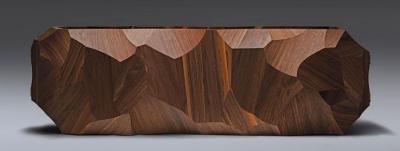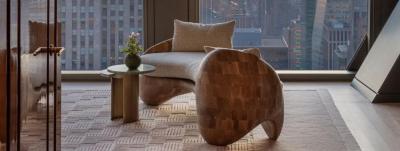Masters of Design Series: Alexandre Logé
This is the first in a series on contemporary furniture makers.
About 10 years ago, the New York dealer Paul Donzella took a gamble, assembling an inventory of limited-edition sculptural furniture by Alexandre Logé, then still in his 20s. The aesthetic of this French-born designer was impossible to define, but his work recalled the spindly figures of Alberto Giacometti (1901-1966), the fleshy nudes of Henry Moore (1898 -1986) and the nimble dancers of Henri Matisse (1869-1954).
The meeting of the two was a matter of serendipity.
“He contacted me out of the blue,” said Donzella. “As a gallerist in New York City, I receive tons of emails, and visits from artists looking for representation. It is almost never a good fit for me. With Alexandre, I fell in love with the work instantly. There were about eighteen pieces he had in his catalog at the time, and I really loved everything. I had to work hard to edit down my first order, which was about six different pieces.”
In the years since, Donzella’s investment has paid off handsomely. The New York dealer now carries close to twenty pieces by Logé, and the artist’s work has been exhibited at some of the top venues for the display of contemporary furniture, including the 2014 New York Collective Design Fair (with Donzella 20th Century Gallery). His style, while in a class of its own, is influenced by the Art Deco movement and borrows many elements from early-twentieth-century design, such as seamless bronze forms, graceful lines and a glossy finish. One of his most recognizable creations is “A” Bench (2012), a bronze bench with hand-applied patina. The piece is hefty but not ponderous, combining two A-shaped components with a raised-pattern velvet upholstery (although this can change to suit the taste of the client). As with all of his bronze pieces, the artist began by fashioning a clay or plaster prototype, which he then created in bronze and worked with an abrasive implement to create a seamless whole. Each piece requires six to twelve weeks to make.
Logé, who turns 40 this year, was born in Paris and, like many of his compatriots, found inspiration at local flea markets. (Jeweler Jean Schlumberger, for instance, got his start by making brooches from porcelain flowers bought at a second-hand sale.) He has an eye for the quotidian, frequently sketching what he observes in the street. After studying Fine Art and Art History at Panthéon-Sorbonne University, Logé learned the craft of mold- and prototype-making as an apprentice with the furniture designer Dominique Hedinger. His sensibility is an amalgam of modern and primitive art, repurposing motifs that he has observed during his travels around the world (including an eighteen-month voyage on a sailing boat). Growing up, the artist spent his summers in Greece with his family, and he is still in the habit of embarking on impromptu excursions. It is not unusual for Logé to rent a boat and spend a week with his family adrift in the waters off the Greek coast.
Yet, despite his travels, many of his creations are decidedly French, as with Magritte (2011), a pendant of plaster over metal named for the Surrealist René Magritte. This is by no means a utilitarian lighting fixture but deserves the title of fine art, a gyroscopic form that encloses a puff of vapor floating above a shallow dish. The work is at the same time galactic and microscopic in scale: it may depict a star at the center of a cosmos, or perhaps electrons orbiting a nucleus.
For much of his work, ambiguity is part of the appeal. One of the more daring works in his oeuvre is Kei (2014), a sculptural light made with a seamless fusion of three pieces of bronze. This piece is not simply a decorative object but has a presence unto itself, a mysterious form (height: 27 inches) with the potential to define a space. In a similar way, Hanabi (2015) demands to be the focus of a room, a 71-inch-wide plaster light with six appendages inspired by Matisse. (Three of the arms have concealed double-strip LED light sources.)
Since Donzella first began acquiring works by Logé, a number of institutional and corporate collectors have followed suit. (In 2010, Bergdorf Goodman commissioned a series of crucifix-shaped bronze sconces for its New York shoe salon.) With a taste for primitive art and a penchant for innovation, the Frenchman has joined the top echelon of contemporary furniture designers just in time for his 40th birthday.








